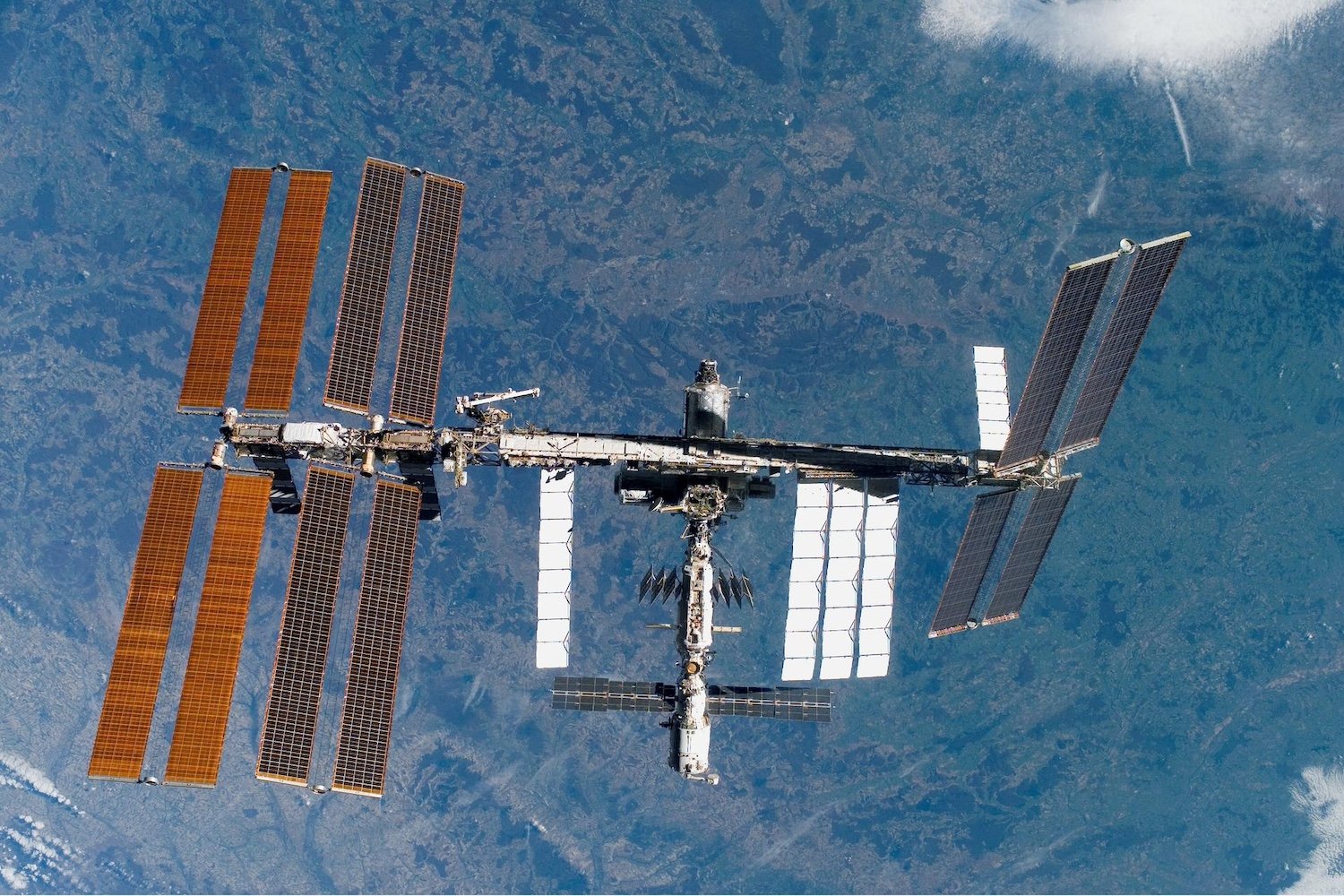Introduction to the International Space Station’s Future
The International Space Station (ISS) is set to remain in orbit for a few more years before its scheduled retirement. However, the future of this orbital laboratory is becoming increasingly uncertain due to NASA’s budget constraints.
Cancellation of the ISS Research and Development Conference
The Center for the Advancement of Science in Space (CASIS), which manages the ISS National Lab, has announced the cancellation of the upcoming ISS Research and Development Conference. This conference was initially scheduled to take place in Seattle at the end of July. CASIS made this decision after consulting with NASA, citing the current regulatory and budgetary environment as the reason for the cancellation, as reported by SpaceNews.
Impact of the Proposed Budget on the ISS
The cancellation comes shortly after the release of the current administration’s proposed budget for NASA in 2026. This budget includes a significant reduction in funding for NASA, with a proposed cut of $6 billion, representing a 24% decrease from the current budget of $24.8 billion for 2025. Furthermore, the budget suggests reducing the size of the ISS crew ahead of its planned retirement in 2030, when it is expected to be replaced by multiple commercial space stations.
Funding Reductions for the ISS
The proposed budget for 2026 indicates that funding for the ISS could be reduced by a quarter, from $1.24 billion to $920 million. This reduction would lead to a significant decrease in crew and cargo flights to the station. As a result, the station’s research capacity would be focused on efforts critical to the Moon and Mars exploration programs, as stated in the budget proposal.
Pre-Existing Resource Issues
According to Dana Weigel, NASA’s ISS program manager, the space agency has been facing resource issues regarding the space station even before the 2026 budget proposal. Weigel mentioned that the station has been dealing with cumulative multi-year budget reductions, resulting in budget and resource challenges that have led to reduced cargo capacity. This cargo includes essential supplies for onboard crew members.
Potential Crew Reductions
For over two decades, NASA has maintained a crew of at least four NASA astronauts on board the ISS, along with international crew members from various countries. However, due to the budget constraints, NASA has only planned for three cargo missions in 2025, compared to the usual four or five missions per year. Weigel also mentioned that the agency is evaluating the possibility of reducing the crew size to three members and extending the duration of missions on the ISS from six to eight months.
Gap in Orbital Science
While five commercial space stations are currently in development, including Orbital Reef, Axiom Station, and Starlab, none of them are near ready to host astronauts in low Earth orbit. The ISS provides a steady presence of orbital science above Earth’s surface, and its eventual retirement would leave a significant gap to fill. The future of the ISS and the continuity of orbital science research are increasingly uncertain due to the current budget constraints and the lack of immediate alternatives.
Source Link





